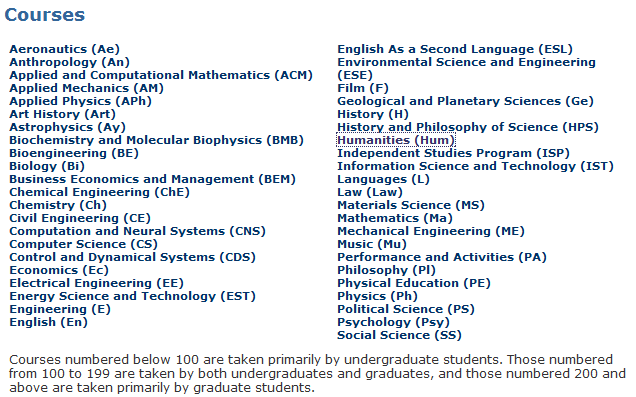|
|
|
|
|
|
|
News & Views item - September 2008 |
![]() University of WA Looks to Go the Melbourne Model, While Both See Financial
Challenges in the Offing. (September 17, 2008)
University of WA Looks to Go the Melbourne Model, While Both See Financial
Challenges in the Offing. (September 17, 2008)
The Australian's Luke Slattery today reports in the broadsheet's Higher Education Supplement that The University of Western Australia's curriculum review taskforce's final report recommends cutting the number of undergraduate courses from more than 70 to six, and moving towards a graduate school model as a response to reduced public funding and increased time pressure on research staff.
It also cites "demographic changes, globalisation, the advent of new knowledge and new technology" as reasons for the revamping.
According to Mr Slattery: "UWA review team has studied curriculum redesign at institutions such as Monash University, Macquarie University, the University of Manchester, National University of Singapore and Harvard University.
The university's argument, according to the taskforce's report is: "There is a wide agreement that research skill development should be a hallmark of all UWA degrees. Research is no longer a specialised activity of the intellectual elite. In the 21st century, research skills are not only essential for many different kinds of employment, they are also basic survival skills."
Apparently Oxford and Cambridge weren't of interest. And at least as importantly was the lack of interest in the best of the US' liberal arts colleges which have outstanding research curricula in their undergraduate course structures -- they don't award graduate degrees.
Just to make a point, here are the courses listed by Wellesley College, which was of such interest at one point to the then Minister for Education, Julie Bishop.

And for emphasis -- one of the best known scientific research universities is the California Institute of Technology (Cal Tech) with a tiny student body listed as undergraduates = 864, postgraduates = 1,222 and an endowment of $US1.86 billion.
Here is a short list of the subjects taught to both undergraduate and graduate students:

What needs to be dealt with as a first priority is to develop the means to attract and keep first rate academic staff, and to provide suitable infrastructure; there is no quick fix to accomplish that.
While Mr Slattery was working up his article on UWA, the HES' Andrew Trounson was looking into the affairs of The University of Melbourne.
The vice-chancellor, Glyn Davis, in an email to staff on the 2009 budget, warned that "2009 will be a tough year for Australia's higher education sector", but went on to "reassure staff that 'through careful planning we now have a robust budget to support our activities in 2009'. But he said that meant keeping a tight rein on staffing costs: 'With around 55 per cent of the university's budget committed to employee-related costs, particular care will be needed around appointments and management of vacancies'".
What should give UWA pause it that Mr Trounson reports: "Present salaries are running 2.3 per cent over budget as the university has relied on more temporary staff to manage higher workloads during the transition to the Melbourne model."
And the National Tertiary Education Union branch president Ted Clark told the HES: "My fear is that they are softening up staff for further spending cuts and that could possibly translate into job cuts."
According to the university's estimates recurrent operating revenue in 2009 is forecast to grow at just 3.3per cent, or less than inflation, and down from 10 per cent growth last year, and while there are promises of a bright future for the arts once the underlying deficit have been eliminated the university is instituting culling academic jobs in its arts faculty. It is seeking 15 to 20 voluntary redundancies, with the prospect of compulsory sackings among academics behind on research if that target isn't met.
With all this stuffing about the fact remains the university sector has been bludgeoned by John Howard's Liberal-National Coalition during its 11yrs, 8mos and 22days in office and not unless and until Kevin Rudd's Labor government does something meaningfully constructive will the universities begin revitalisation.
If UWA really believes that moving to become a predominantly graduate university will solve its financial problems, its on a search for the yellow brick road.